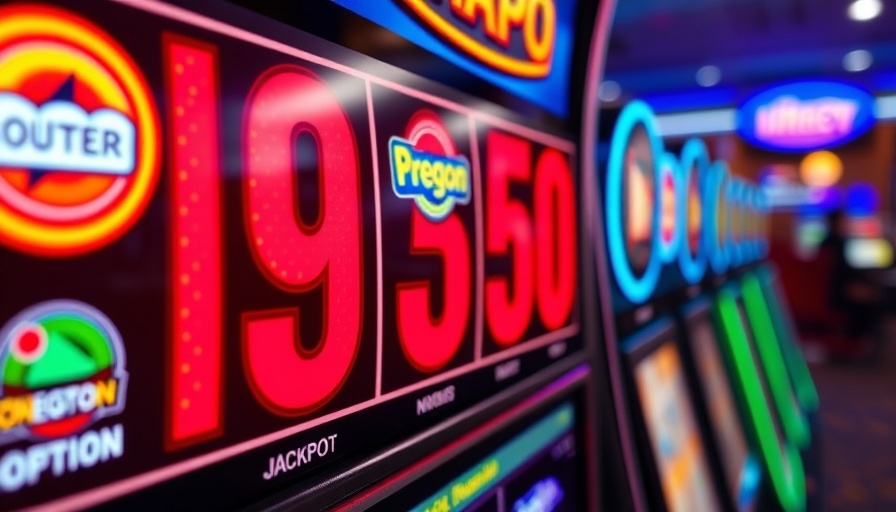
Excitement Builds Over Powerball's $750 Million Jackpot
As the lottery reaches astronomic figures, the anticipation surrounding the Powerball becomes palpable. With $750 million at stake, countless dreams hang on the drawing. Many are wondering: Did anyone beat the odds and claim this life-changing prize? In Louisiana, the allure of this jackpot has transcended mere chance—it's a beacon of hope and possibility for the community, especially for those aged 55 and older who might see this as an opportunity to secure their financial futures.
The Thrill of the Game: Why People Play
The thrill that lottery games offer is often likened to the excitement of adventure. For seniors, participating in the Powerball can be as much about social connection and community as it is about the financial implications. Many enjoy discussing potential winnings with friends and family, turning a simple ticket into a shared experience filled with dreams and laughter. This camaraderie is crucial as it combats loneliness among older adults, proving that engaging with local traditions can help build stronger community ties.
Winning the Powerball: A Mixed Bag of Outcomes
While the allure of winning can be intoxicating, it's essential to consider the statistics. Each ticket purchased represents slim odds—1 in 292 million—yet the hope remains alive. For many seniors, contemplating how to spend such a fortune could bring forth both excitement and dread. Reports and studies often suggest that sudden wealth can lead to significant stress and life changes, indicating that careful planning and financial education are vital components of converting a jackpot win into lasting security.
Future Predictions: What Lies Ahead for Powerball Enthusiasts?
Looking ahead, the trends in lottery participation indicate that as jackpots soar, interest will increase. Events like this Powerball can catalyze conversations about financial literacy, particularly for older adults. With many in this demographic approaching retirement, discussions on how to safeguard newfound wealth can empower them to make informed decisions rather than fall prey to common pitfalls such as spending sprees or poor investments.
Community Impact: The Ripple Effect of Winning
A Powerball winner, especially from Louisiana, could have a huge impact on the local economy. A significant portion of lottery earnings gets funneled back into state initiatives, including education and infrastructure. Seniors often find joy in the thought of their community benefitting from a lucky ticket holder's generosity. Conversations around what community projects could be funded provide an avenue for seniors to engage with their neighbors, discussing everything from local parks to healthcare facilities.
Practical Tips for Playing and Planning
If you're considering purchasing a Powerball ticket, here are a few tips: first, set a budget—you don’t want excitement to lead to overspending. Second, consider joining a pool; playing with friends can increase social interactions and make the experience more enjoyable. Finally, should luck strike, consult with a financial advisor to navigate the complexities of newfound wealth. These steps can create a more informed approach to what is often viewed as a simple game of chance.
In conclusion, while the $750 million Powerball jackpot has sparked excitement and dreams throughout Louisiana, it's also essential to approach the lottery with a mindset focused on community and planning. Engaging in discussions with peers about the implications of potential winnings can lead not only to stronger bonds amongst seniors but also to greater understanding of financial management. Remember, no matter the outcome, it's the connections formed along the way that can enrich the experience.
 Add Row
Add Row  Add
Add 



Write A Comment